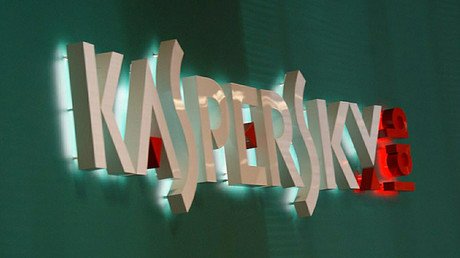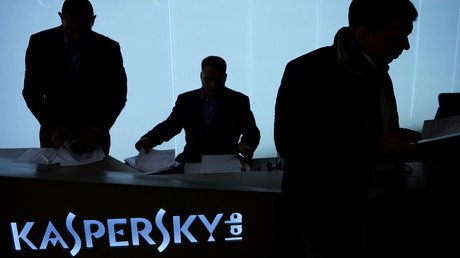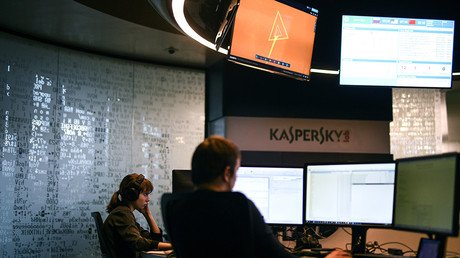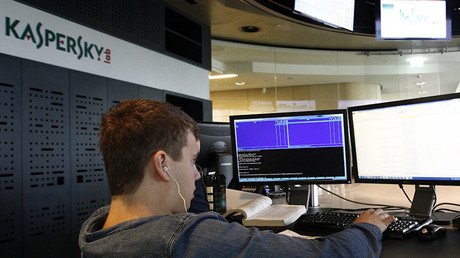Kaspersky Lab sues Trump administration over software ban
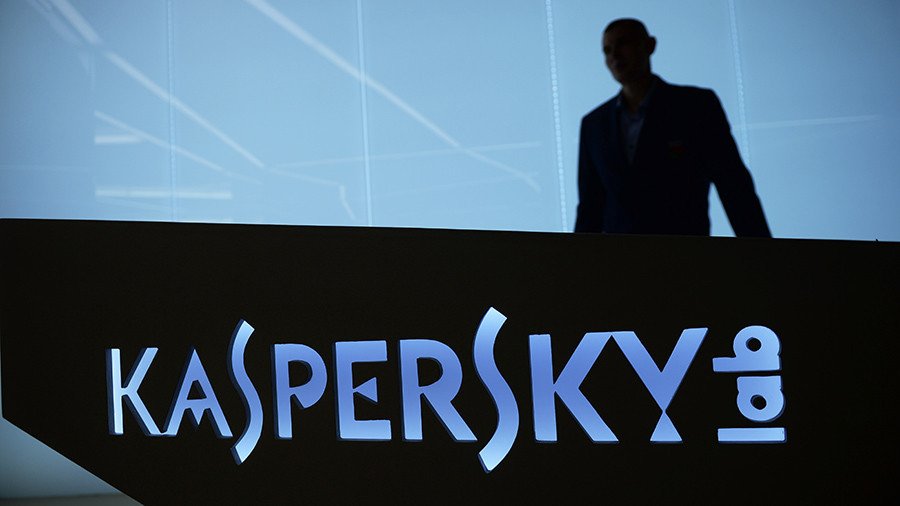
Russian cybersecurity giant Kaspersky Lab is suing the Trump administration over its decision to ban the use of the company’s products by federal agencies. Washington thus deprived Kaspersky Lab of due process, the company argued.
In September the US government's Department of Homeland Security (DHS) banned federal agencies from using Kaspersky Lab antivirus products, citing national security concerns grounded in the fact that the company is Moscow-based. The company’s founder and chief executive Eugene Kaspersky denounced the move as “baseless paranoia at best.”
“DHS [Department of Homeland Security] has harmed Kaspersky Lab’s reputation and its commercial operations without any evidence of wrongdoing by the company,” Kaspersky said in an open letter to the Homeland Security agency, published on Monday.
The lawsuit claims the government largely relied on uncorroborated media reports as evidence in a review of Kaspersky software. The company asks the court to overturn the ban and officially acknowledge that the Russian company’s products do not pose any security threat to US government computers, Reuters reported.
The value of Kaspersky’s software sales to the US government totaled less than $54,000 (about 0.03% of its total US sales), the complaint said.
The whole situation around the US ban on the use of Kaspersky Lab antivirus products by federal agencies “looks very strange,” CEO Kaspersky told Germany’s Die Zeit daily last month. Kaspersky noted that the US authorities ordered all governmental agencies to remove all the company’s software from their computers despite the fact that “we had almost zero installations there.” With little real need for such measures, they were apparently seeking to damage the company’s reputation. “It seems that we just do our job better than others,” Kaspersky said of the motives behind the US government’s move. “We detected some unknown or probably very well-known malware, and that made someone in the US very disappointed.”
According to the US Department of Homeland Security, Kaspersky anti-virus products and solutions provide “broad access to files and elevated privileges on the computers on which the software is installed, which can be exploited by malicious cyber actors to compromise those information systems.”
In late October, Kaspersky Lab denied US media reports which alleged that the Russian government may have used the company’s anti-virus programs to steal digital-surveillance tools from a National Security Agency (NSA) employee.
The New York Times, the Washington Post and the Wall Street Journal reported that an employee from NSA’s elite-hacking unit lost some of the agency’s espionage tools after storing them on his home computer. The media reports implied that the Russian government was behind the incident, having used Kaspersky anti-virus software to collect the NSA technology.
Eugene Kaspersky described the US media reports as “definitely not true.” Responding to the allegations, the company announced a global transparency initiative, including a complete audit of its source code by the beginning of the next financial year. It will also set up three transparency centers in various locations across the globe by 2020, in order to “address any security issues together with customers, trusted partners, and government stakeholders.”
